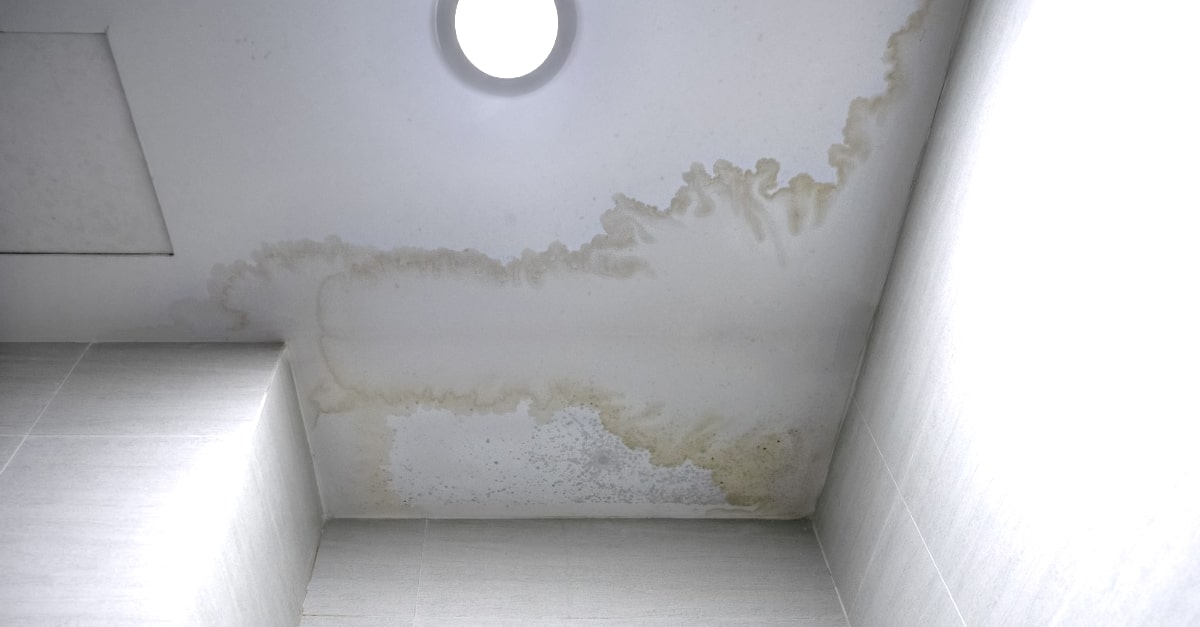Get to Know the Six Principal Factors For Water Leakage at Home
Get to Know the Six Principal Factors For Water Leakage at Home
Blog Article
What are your insights and beliefs on Top Causes of Home Water Leaks?

Leaks not only trigger waste of water yet can also cause unnecessary damages to your home and advertise unwanted organic development. However, water leaks might go unnoticed given that the majority of the pipework in our house is concealed. By understanding and also looking for daily situations that cause leaks, you can secure your residence from future leakages as well as unnecessary damage. Today, we will look at 6 leak triggers that might be creating your pipelines to leak.
Immediate temperature level changes.
Extreme temperature level changes in our pipes can create them to increase and also get all of a sudden. This development and tightening might cause fractures in the pipes, especially if the temperature are below cold.
Corroded water supply
As time passes by, your plumbing system ages and also corrosion such as corrosion may start gnawing the pipes. This may be the cause of staining or bending on your water pipes. This requires an inspection with your plumber immediately. If our plumbing system is old, take into consideration changing the pipes because they are at a higher danger of deterioration than the more recent versions.
Faulty Pipe Joints
The point at which your pipelines connect is often the weakest link in the waterline. Pipeline joints can degrade gradually, resulting in water leakages. The majority of pipe joints are not easily visible. If you have loud pipes that make ticking or banging noises, specifically when the hot water is activated, your pipe joints are possibly under a great deal of stress. It is a good idea to have your plumber check your system annually.
Encroaching roots
Many water leakages start outside the residence rather than inside it. You may observe wet patches or sinkholes in your backyard, and also that may mean that tree origins are attacking water lines creating water to seep out.
Poor Water Connectors
At times, a leakage can be brought on by loose pipes and also pipes that supply your devices. Generally, shifting is what causes the loose water Links. You may find in the case of a washing machine, a hose may spring a leakage due to shaking during the spin cycle. In case of a water connections leak, you may see water running directly from the supply line or puddles around your home appliances.
Obstructed Drains
Blocked drains might be irritating and inconveniencing, however they can in some cases wind up creating an overflow resulting in rupture pipelines. Maintain removing any kind of products that might drop your drains that can block them to stay clear of such hassles.
All the above are reasons for leaks but not all water leaks arise from plumbing leaks; some leakages may originate from roof covering leaks. All leaks must be repaired instantly to stay clear of water damages.
Leaks not only trigger waste of water however can additionally create unneeded damage to your house and promote undesirable organic development. By looking as well as understanding for everyday situations that cause leaks, you can secure your residence from future leaks as well as unnecessary damages. Today, we will certainly look at six leakage creates that may be creating your pipelines to trickle.
At times, a leakage can be triggered by loose hose pipes and pipes that supply your home appliances. In situation of a water links leak, you might see water running directly from the supply line or pools around your devices.
How To Check For Water Leak In Your Home
How To Check for Leaks
The average household's leaks can account for nearly 10,000 gallons of water wasted every year and ten percent of homes have leaks that waste 90 gallons or more per day. Common types of leaks found in the home are worn toilet flappers, dripping faucets, and other leaking valves. These types of leaks are often easy to fix, requiring only a few tools and hardware that can pay for themselves in water savings. Fixing easily corrected household water leaks can save homeowners about 10 percent on their water bills.
To check for leaks in your home, you first need to determine whether you're wasting water and then identify the source of the leak. Here are some tips for finding leaks:
Take a look at your water usage during a colder month, such as January or February. If a family of four exceeds 12,000 gallons per month, there are serious leaks.
Check your water meter before and after a two-hour period when no water is being used. If the meter changes at all, you probably have a leak.
Identify toilet leaks by placing a drop of food coloring in the toilet tank. If any color shows up in the bowl after 10 minutes, you have a leak. (Be sure to flush immediately after the experiment to avoid staining the tank.)
Examine faucet gaskets and pipe fittings for any water on the outside of the pipe to check for surface leaks.
Undetected water leaks can happen without the home or business owner even realizing. If you suspect a water leak, but not able to find the source. It is time to contact a professional water leak detection service, The Leak Doctor.
How To Find a Water Leak In Your Home
https://www.leakdoctor.com/blog/How-To-Check-For-Water-Leak-In-Your-Home_AE197.html
I'm certainly very involved in How Fast Water Damage Can Ruin Your Home and I am praying you enjoyed reading the entire blog posting. Are you aware of somebody who is interested by the subject? Why not share it. I am grateful for your time. Visit us again soon.
Call for expertise! Report this page